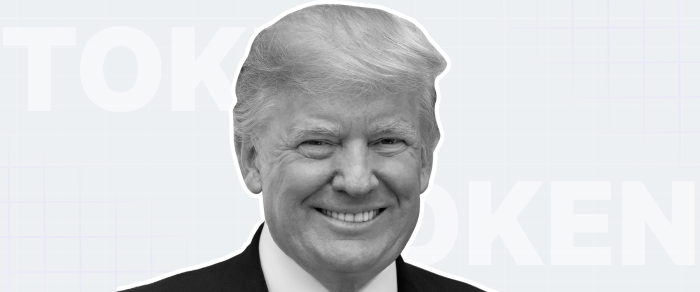Russia Begins Building National Registry of Crypto Mining Equipment in Regulatory Push
Russia’s Energy Ministry has taken a historic step towards regulating the country’s rapidly expanding cryptocurrency mining sector by initiating work on creating a national registry of crypto mining equipment.
This is a significant step in the Kremlin’s broader move to officially bring digital asset activity into its regulatory and economic domain. It has tremendous potential implications for miners, domestic energy corporations, and Russia’s future crypto regulations.
National Registry: One Step Towards Regulation
According to recent remarks by ministry officials, the registry will maintain a record of all industrial and commercial crypto-currency mining equipment in operation throughout the Russian Federation.
This aims for increased transparency in an industry that has thus far operated primarily in the legal grey area, especially following the 2021 mining boom in China.
It will comprise detailed information regarding the equipment specifications, hash power, power consumption, and location. By establishing a centralized database, the government in Russia will strive to:
- Monitor energy usage more efficiently
- Stop illegal and unregulated mining practices
- Incorporate crypto mining into its energy policy
- Integrate taxation mechanisms for mining entities
Energy Infrastructure and Monitoring
The move closely follows concerns about energy consumption. Russia’s mining sector, particularly in regions such as Irkutsk and Krasnoyarsk, which have a surplus of hydropower, has come under criticism for causing energy shortages and power blackouts.
The Ministry of Energy has argued that establishing a registry will enable regional grid operators to better regulate the distribution of loads and prevent excessive utilization during periods of increased demand. It would also facilitate the authorities’ ability to differentiate between permitted and declared mining activities and unauthorized mining installations.
Incentives and Legal Compliance
Regulatory bodies have indicated that inclusion in the registry can lead to lower electricity prices, tax benefits, and potential criminal immunity for miners. Failure to register, however, can result in fines, disconnection, or even criminal prosecution in severe cases.
Additionally, lawmakers are reportedly considering legislation that would make membership in the registry a prerequisite for any potential licensure or tax benefits. This follows the State Duma’s 2023 attempt to delimit the jurisdiction of crypto mining and draw up a roadmap towards entrenching it as a legitimate sectoral activity.
Impacts on the Crypto Industry in Russia
Russia now occupies the global number three position in Bitcoin’s hash rate, according to the Cambridge Centre for Alternative Finance. The registry can have drastically different effects on the business models of thousands of local miners, particularly those in “grey mining” – unpublished or unlicensed mining based on inexpensive power.
For these miners, the shift towards a regulatory regime will likely lead to increased operating costs and compliance demands but provide greater regulatory certainty and access to institutional finance should mining become an accepted formal sector.
Outcome and Industry Response
The preliminary reaction in the Russian crypto sphere is bittersweet. Larger mining players, such as BitRiver and EMCD, have received it positively, as this represents increasing policy maturity and can usher in increased institutional investment. Others, particularly small-scale miners, have been fearful regarding probable surveillance, taxation, and non-anonymity.
Despite these misgivings, the registry project suggests that Russia is moving in a crypto-positive but regulated direction, similar to some other recent developments toward the legalization of certain components of the digital asset economy, such as pilot projects for the digital ruble and crypto payments in cross-border commerce.
Conclusion
In establishing its national crypto mining equipment registry, the balance between regulation and innovation will be central. Suppose it’s conducted in transparency and good faith. In that case, the project will make Russia preeminent in crypto mining and offer an example for other nations wrestling with the energy requirements and economic potential of blockchain.



